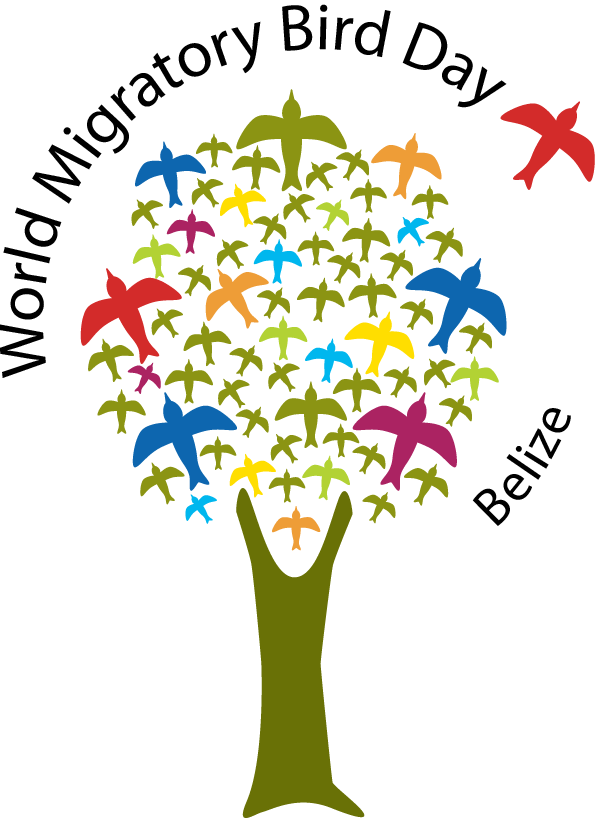Let’s Celebrate World Migratory Bird Day in Belize!
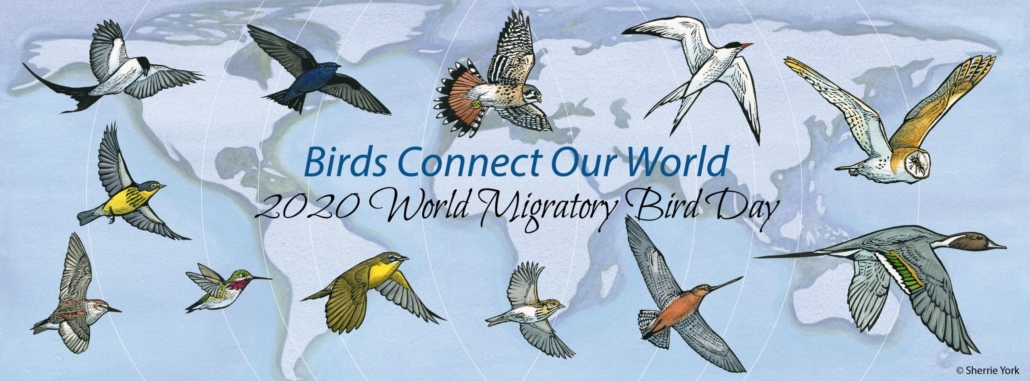
Join BFREE in the great world-wide celebration of migratory birds during the entire month of March!
Below are educational resources and additional information for you to use in your classrooms. We encourage celebratory events throughout the month of March such as educational presentations, cleanups, and other habitat restorations as well as bird walks, and creative art activities
Educational Resources:
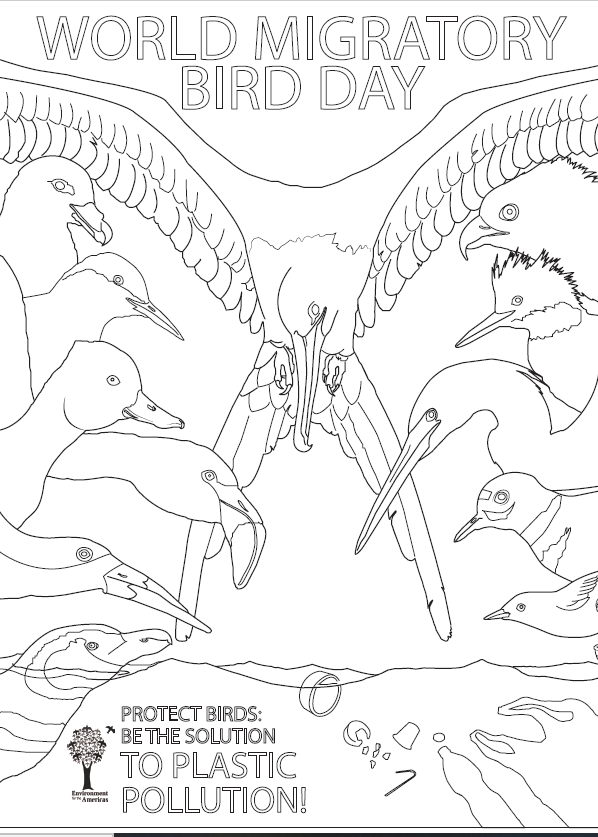
CLICK TO DOWNLOAD
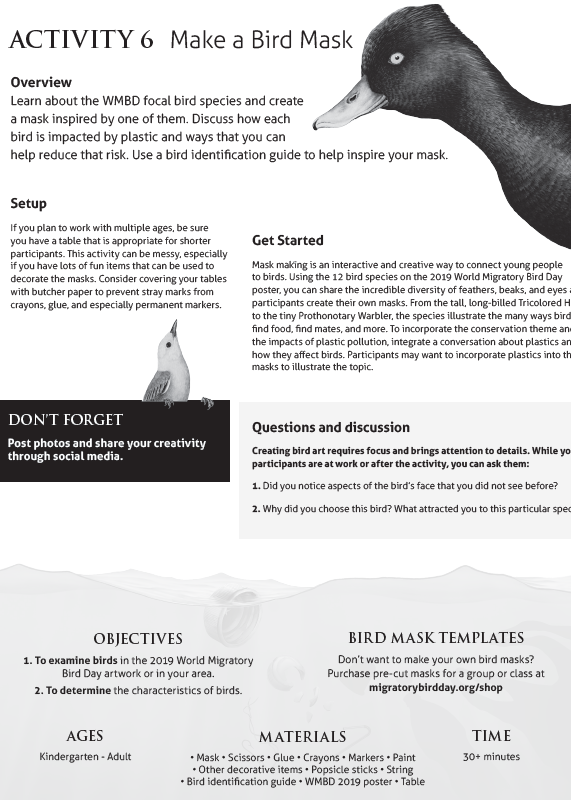
CLICK TO DOWNLOAD
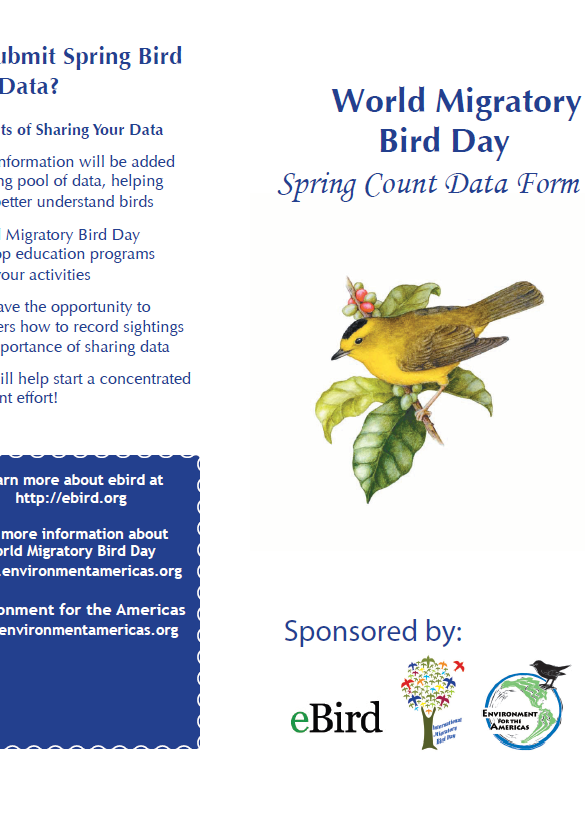
CLICK TO DOWNLOAD
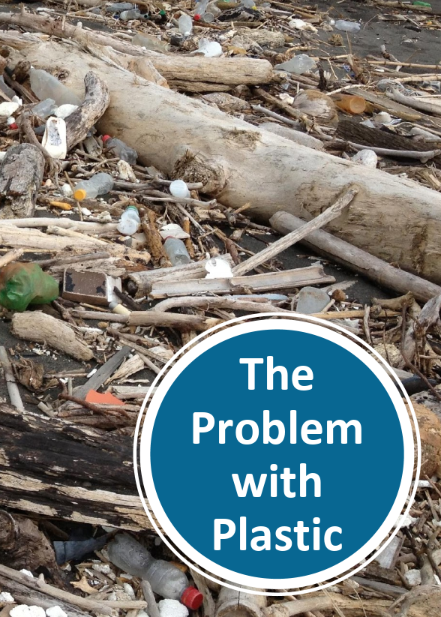
CLICK TO DOWNLOAD
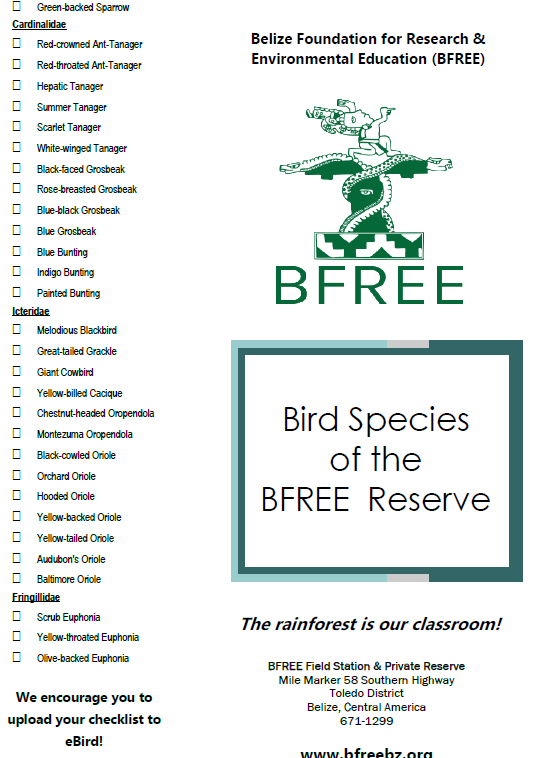
CLICK TO DOWNLOAD
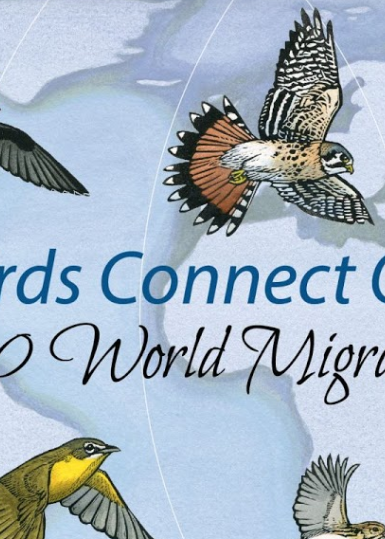
CLICK TO DOWNLOAD
Classroom Activity Ideas:
- Host or join a trash clean up, this can be done around your school, in your community or along the beach! Bonus challenge, have class competitions to collect the most trash or create an art project with the plastic collected.
- Download the bird count and bring your class outside to record data from around your schoolyard.
- Have a school-wide plastic-free challenge week. Challenge your students to go a full week without using any single-use plastic at school!
- Host a movie party, watch Wing of Hope, Yochi, or Birds of Belize to get to know more about the incredible birds in our country.
- Share Migratory Bird Day in Belize on social media! Share the Facebook banner or post on Instagram and tag @bfreebz so we can see your activities!
Scheduled Events:
- February 22: “Protect Birds: Be the Solution to Plastic Pollution” Presentation to students of Natural Resource Management from Independence Junior College
- March 1 – 31: Join BFREE in celebrating World Migratory Bird Day in Belize the entire month of March
- March 4 – 6: BFREE presentations and activities for Primary and High Schools in Independence Village
- March 14: Crocodile Research Coalition (CRC) and Next Gen Croc Club will host a beach clean up in Seine Bright
What is World Migratory Bird Day:
World Migratory Bird Day in the Americas is coordinated by the organization, Environment for the Americas, which promotes bilingual educational materials and information about birds and bird conservation. Environment for the Americas celebrates the migration of nearly 350 bird species between their nesting habitats in North America and wintering grounds in Latin America, Mexico, and the Caribbean.
Now in its 26th year, World Migratory Bird Day (WMBD) has grown from a one-day event to hundreds of projects and programs year-round and encourage individuals and organizations to join them in selecting their own date to celebrate WMBD. BFREE has selected the entire month of March to celebrate WMBD in Belize and we invite you to join us!
We are inspired by the phase-out plan to ban single-use plastic in Belize that became effective on 15 January 2020. The Minister of Agriculture, Fisheries, Forestry, the Environment, Sustainable Development and Immigration, Hon. Goodwin Hulse, signed into law the Environmental Protection (Pollution from Plastics) Regulations, 2020 that is set to reduce plastic and styrofoam pollution through the phasing out of single-use plastics in Belize as a control measure to protect the terrestrial and marine environment from harmful plastic contamination.
With this in mind, we at BFREE are celebrating WMBD by embracing the message, “Protect birds: Be the solution to plastic pollution.”
We invite you, our partners country-wide to join BFREE in tackling the challenges of plastic pollution in the environment by sharing with your classrooms the many ways that plastic can harm birds and by offering some ideas for ways that we can reduce our use of plastic items.
The Truth Behind Plastic Pollution:
Since plastic was introduced in the 1950s, an estimated 8.3 billion metric tons have been created. Only about 9% of plastic materials are recycled, leaving more than 6.3 billion metric tons of plastics in landfills or polluting the environment. “One of the main types of debris in the marine environment today is plastic. We know fishing gear, plastic bags, bottle caps, utensils, and other plastic pieces are entangling and being ingested by birds. Plastics harm birds in marine environments, as well as other habitats. As human use of plastics grows, so too does the amount of plastic pollution that invades most ecosystems around the globe. “Plastic debris such as fishing line poses a serious risk of entangling birds, which can entrap them and cause serious injury,” says Dr. Susan Bonfield, Director of Environment for the Americas. Migratory birds also have a high risk of directly ingesting plastics. It’s been estimated that 80% of sea and shorebirds have consumed foam, pellets, thread, and other items. In addition, small bits of plastic, known as microplastics, pose a hazard to birds and smaller organisms throughout the food chain due to the toxins they concentrate in the environment.
The Spectacular Journey of Birds:
In addition to raising awareness about issues important to bird conservation, World Migratory Bird Day is also a celebration of the spectacular journeys that migratory birds take as they travel between nesting and non-breeding sites around the world. Global partners at the Convention on Migratory Species in Bonn, Germany recognize that “World Migratory Bird Day joins our voices as one for the protection of the birds we share. With raised awareness of threats such as plastic pollution to birds, it is our opportunity to take action by making changes that help birds, whether personal or more broadly.” Although WMBD is traditionally celebrated in Canada and the U.S. on the second Saturday in May, in reality every day is bird day, and programs, festivals, and other events occur throughout the year, whenever it works best for organizers—and the birds. “Ultimately, the goal of WMBD is to connect people to nature through birds,” says Miguel Matta, WMBD Coordinator in Latin America.
About BFREE:
The Belize Foundation for Research & Environmental Education (BFREE) operates a biological field station in the rainforest of southern Belize. Our mission is “to conserve the biodiversity and cultural heritage of Belize.” We strive to successfully integrate scientific research, environmental education, conservation, and create sustainable development opportunities for alternative livelihoods for Belizeans.
About Environment for the Americas:
WMBD in the Americas is coordinated by Environment for the Americas, which provides bilingual educational materials and information about birds and bird conservation throughout the Americas. Their programs inspire children and adults to get outdoors, learn about birds, and take part in their conservation. To learn more about migratory bird habitats, download WMBD educational and promotional materials in Spanish and English, and search for activities planned in your area, visit http://www.migratorybirdday.org/.
Miguel Matta, Latin America World Migratory Bird Day Coordinator, Environment for the Americas, Boulder, CO, USA. Email: mmatta@environmentamericas.org




